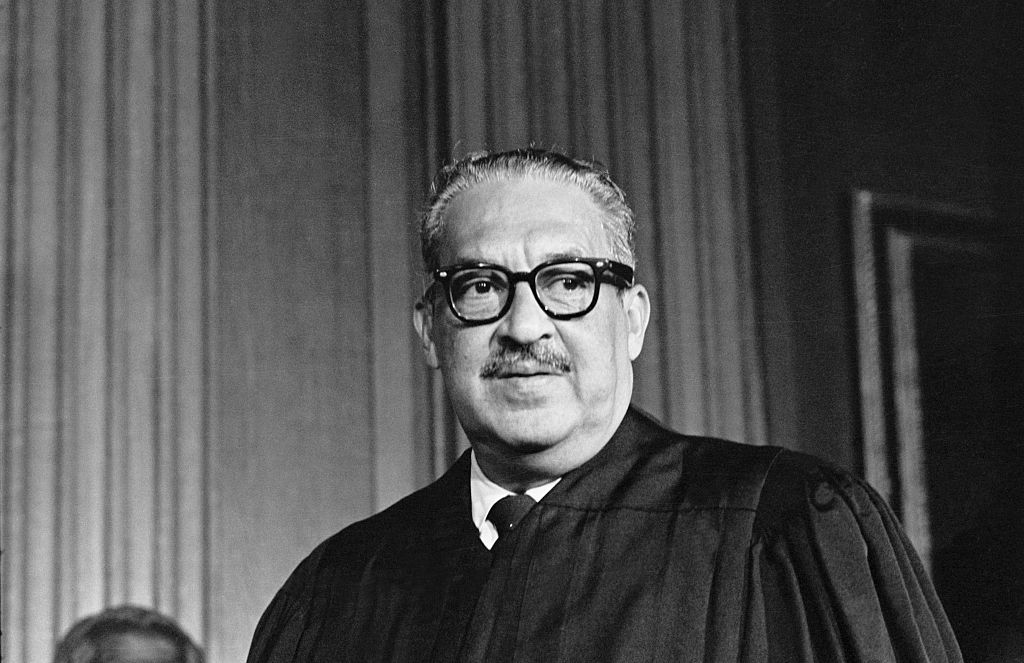On June 13th, 1967, a momentous chapter in American history unfolded as President Lyndon B. Johnson nominated Thurgood Marshall to serve as a justice on the United States Supreme Court. This historic nomination marked a significant milestone in the struggle for civil rights and equality, as Marshall became the Court’s first African American member, paving the way for greater diversity and representation in the nation’s highest judicial body.
The Early Life and Career of Thurgood Marshall
Thurgood Marshall was born on July 2nd, 1908, in Baltimore, Maryland, into a family of modest means. Despite facing the barriers of racial segregation and discrimination, Marshall excelled academically and went on to attend Lincoln University and Howard University School of Law, where he graduated at the top of his class.
After completing his education, Marshall embarked on a legal career dedicated to fighting for civil rights and social justice. As a lawyer for the NAACP Legal Defense Fund, Marshall played a pivotal role in landmark cases challenging racial segregation and inequality, including the famous Brown v. Board of Education case, which led to the desegregation of public schools in the United States.
The Nomination to the Supreme Court
In 1967, President Lyndon B. Johnson nominated Thurgood Marshall to fill the vacancy on the United States Supreme Court left by the retirement of Justice Tom C. Clark. The nomination was met with both praise and controversy, as Marshall’s outspoken advocacy for civil rights and progressive views on social issues sparked heated debate among lawmakers and the public.
Despite facing opposition from some quarters, Marshall’s nomination was ultimately confirmed by the Senate in a historic vote, making him the first African American justice to serve on the Supreme Court. In his confirmation hearings, Marshall emphasized the importance of upholding the principles of equality and justice enshrined in the Constitution, pledging to serve as a fair and impartial arbiter of the law.
Legacy and Impact
Thurgood Marshall’s tenure on the Supreme Court was marked by a steadfast commitment to upholding the rights and liberties of all Americans, particularly those who had historically been marginalized and oppressed. During his 24 years on the bench, Marshall authored numerous influential opinions on a wide range of issues, including civil rights, criminal justice, and individual freedoms.
Marshall’s legacy extends far beyond his time on the Supreme Court, serving as an inspiration to future generations of lawyers, activists, and public servants. His tireless advocacy for equality and justice helped to lay the groundwork for the civil rights movement of the 20th century and continues to shape the struggle for racial equality and social justice in the United States today.
As we commemorate the historic nomination of Thurgood Marshall to the Supreme Court on June 13th, 1967, let us celebrate his remarkable legacy and rededicate ourselves to the ongoing fight for equality, justice, and dignity for all Americans, regardless of race, ethnicity, or background. Thurgood Marshall’s life and work serve as a testament to the enduring power of hope, courage, and perseverance in the pursuit of a more just and equitable society.












What do you think?
It is nice to know your opinion. Leave a comment.